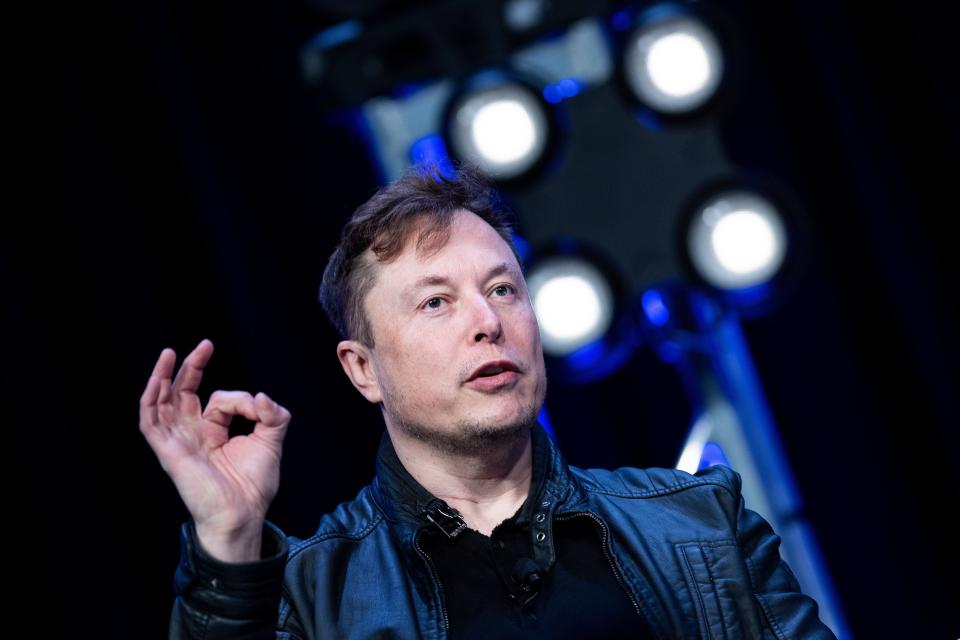Elon Musk’s Starlink internet will be ‘fully mobile’ service later this year

Elon Musk has revealed that Starlink, SpaceX’s internet service, is likely to move out of beta testing this summer.
“Service uptime, bandwidth & latency are improving rapidly. Probably out of beta this summer”, Mr Musk tweeted. The change could mean more people will be able to sign up to the service, which currently has over 10,000 users.
In a subsequent post, Mr Musk said that it will also be “fully mobile later this year, so you can move it anywhere or use it on an RV or truck in motion.”
He added: “We need a few more satellite launches to achieve compete coverage [and] some key software upgrades.”
This is not the first time that the company has proposed beaming internet to moving vehicles. Elon Musk’s space company wrote in filings to the United States’ Federal Communications Commission in March that it “seeks authority to deploy and operate these earth stations as VMES throughout the United States and its territories ... in the territorial waters of the United States and throughout international waters worldwide, and ... on U.S.-registered aircraft operating worldwide and non-U.S.-registered aircraft operating in U.S. airspace”.
Mr Musk later clarified on Twitter that this did not refer to Tesla vehicles. “Not connecting Tesla cars to Starlink, as our terminal is much too big”, the CEO tweeted. “This is for aircraft, ships, large trucks [and] RVs.”
There are currently over 1,000 Starlink satellites in low-Earth orbit around the world, with users in the UK and US already signed up for early-access. SpaceX plans to build a constellation of up to 40,000 satellites over the next few years.
Mr Musk has also claimed that Starlink will double in speed in 2021.“Speed will double to ~300Mb/s & latency will drop to ~20ms later this year,” he said, adding that coverage will include “most of Earth by end of year, all by next year, then it’s all about densifying coverage.”
However, with such developments come concerns:Starlink’s satellites already orbit the Earth lower than many other crafts, and Amazon’s competing Project Kupiter claims that allowing them to operate lower would interfere with other satellites.
The Satellite Constellations 1 (Satcon1) workshop also found that that constellations of bright satellites will fundamentally change ground-based optical and infrared astronomy.
Read More
Kylie Jenner rides through Elon Musk's new mile-long multicoloured tunnel
Children’s iPhone game secretly hid a casino
Nasa says mission to send astronauts to space on SpaceX rocket is ‘go’

 Yahoo Finance
Yahoo Finance